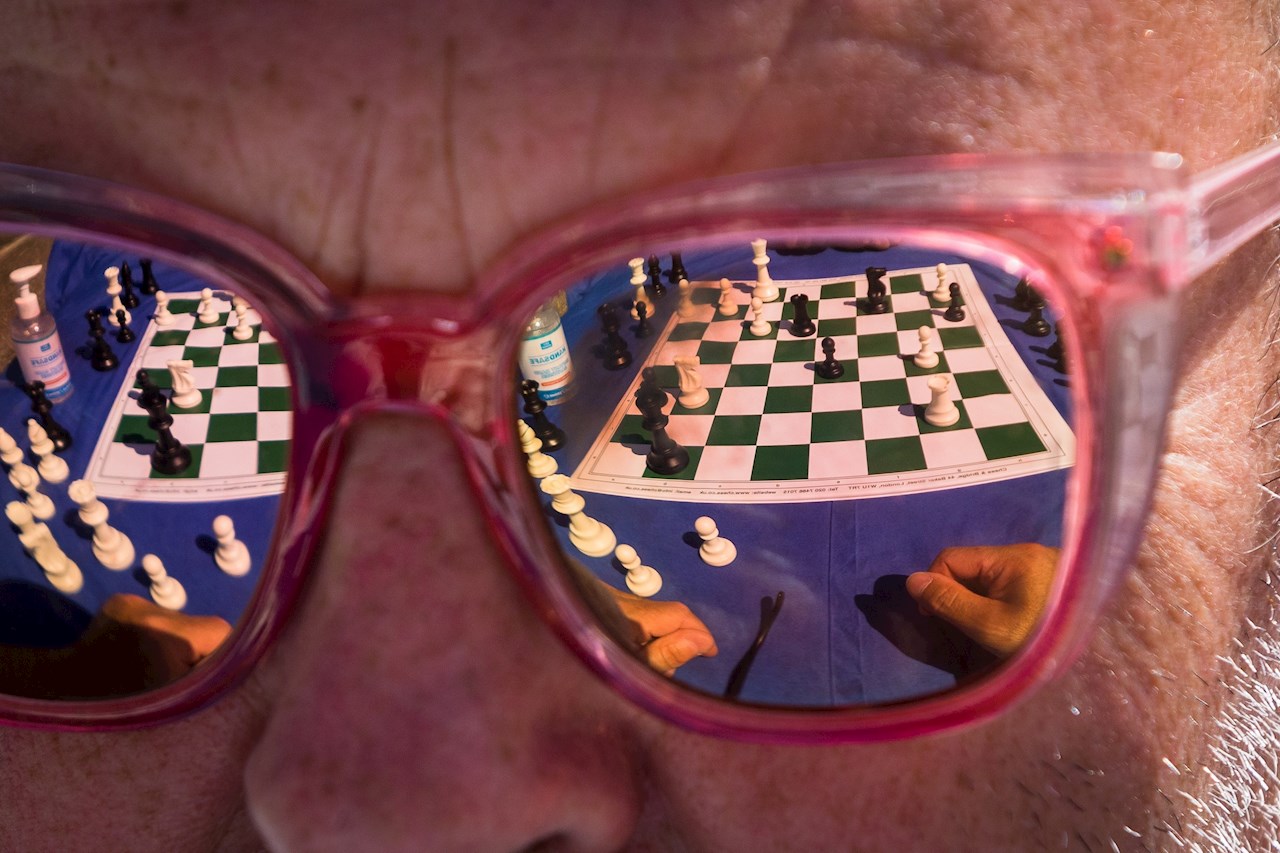The constitution of a real estate heritage by the Vatican, to shelter itself financially and to grow its income, is not new.
But the Pope’s services had never embarked on such a complex financial arrangement, say the magistrates, describing an “almost inextricable” imbroglio of speculative investment funds with leverage, of banks, credit institutions, natural and legal persons …
Two years of investigation into the twists and turns of offshore companies, have resulted in various charges against ten protagonists, including a prominent Italian cardinal in disgrace. Fraud, embezzlement, abuse of power, money laundering, corruption, extortion …
The case is embarrassing for the Church because it highlights the imprudent use of the Denarius of Saint Peter, the large annual collection of donations dedicated to the charitable actions of the Pope.
Reading the elements of the investigation describes two businessmen, who allegedly took advantage of the financial incompetence of the Secretary of State, the central government which supports the Pope.
With an overvalued purchase price, a hidden mortgage, and a Holy See long deprived of all control, even the victim of extortion, the acquisition has become a nightmare for the reputation of the Church.
Unscrupulous intermediaries
The entire chain of decisions of the Secretary of State will be dissected. Because among ten accused, half worked in Vatican City during the two-phase purchase of the 17,000 m2 building located at 60 Sloane Avenue, in the chic London district of Chelsea.
In 2013-2014, the Secretary of State borrowed more than 200 million dollars (166 million euros at the time, notably from Credit Suisse) to invest in the Luxembourg fund “Athena” of an Italian businessman. -swiss living in London, Raffaele Mincione.
The money was borrowed by pledging significant Vatican cash, including donations, in a specialized agency. Half of the sum is intended for the purchase of 45% of the London building, the other half for stock market investments.
Raffaele Mincione, paid for his services by a commission, uses the money of the Church to “speculative operations”, such as the takeover of fragile banks. In conflict of interest, point out the magistrates, it also finances its own projects. The Holy See, which is suffering losses and has no control over the choice of investments that are not necessarily ethical, will decide four years later, at the end of 2018, to end the alliance.
It was at this point that a new London intermediary, the Italian Gianluigi Torzi, was chosen to negotiate the break with Raffaele Mincione – who was to obtain £ 40 million – and full ownership of the building by the Vatican.
Torzi will however take control of the property (through shares with voting rights) from the Vatican and will even go so far as to extort an additional 15 million euros from the Secretariat of State (theoretically 100% owner) against his departure, according to court documents.
The Holy See spent around 350 million euros in the end to acquire the property.
A cardinal at the helm
Two people would have particularly helped the two London intermediaries, against remuneration, suspect the magistrates: Enrico Crasso, of Swiss nationality and a former banker of Credit Suisse, for decades a financial consultant of the Secretariat of State of the Vatican, and Fabrizio Tirabassi , an Italian employee of this section.
Also before the criminal court – a first for a cardinal – Angelo Becciu, who was in 2014 “Deputy Secretary of State”, number two and the equivalent of an Interior Minister in constant contact with Pope Francis . His former assistant, Father Mauro Carlino, as well as the two former leaders of the Vatican’s financial constable (AIF, since then restructured and renowned), the Swiss René Brülhart, and the Italian Tommaso Di Ruzza will also be called to appear.
Unrelated to the London purchase, a woman, the spendthrift Cecilia Marogna, for her part claims to have been employed by the cardinal for intelligence activities aimed at freeing abducted religious, and received 575,000 euros from the Secretariat of State on a Slovenian account.
Finally, the trial will look at another separate issue also related to Cardinal Becciu: the financing of 825,000 euros from his brother’s company by funds from the Italian episcopate and the Secretary of State, for possibly non-charitable activities.
–


